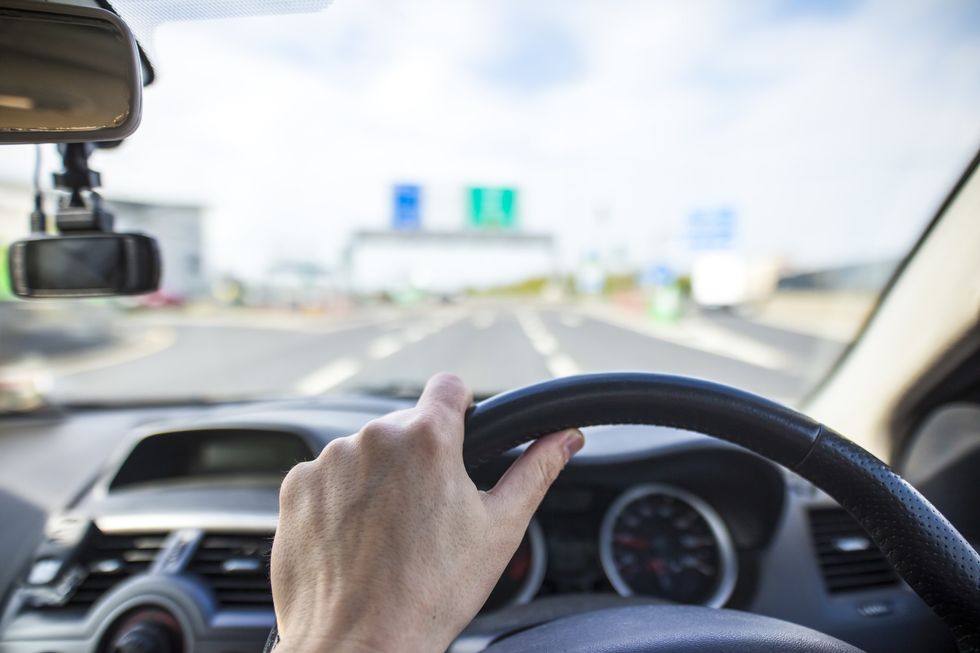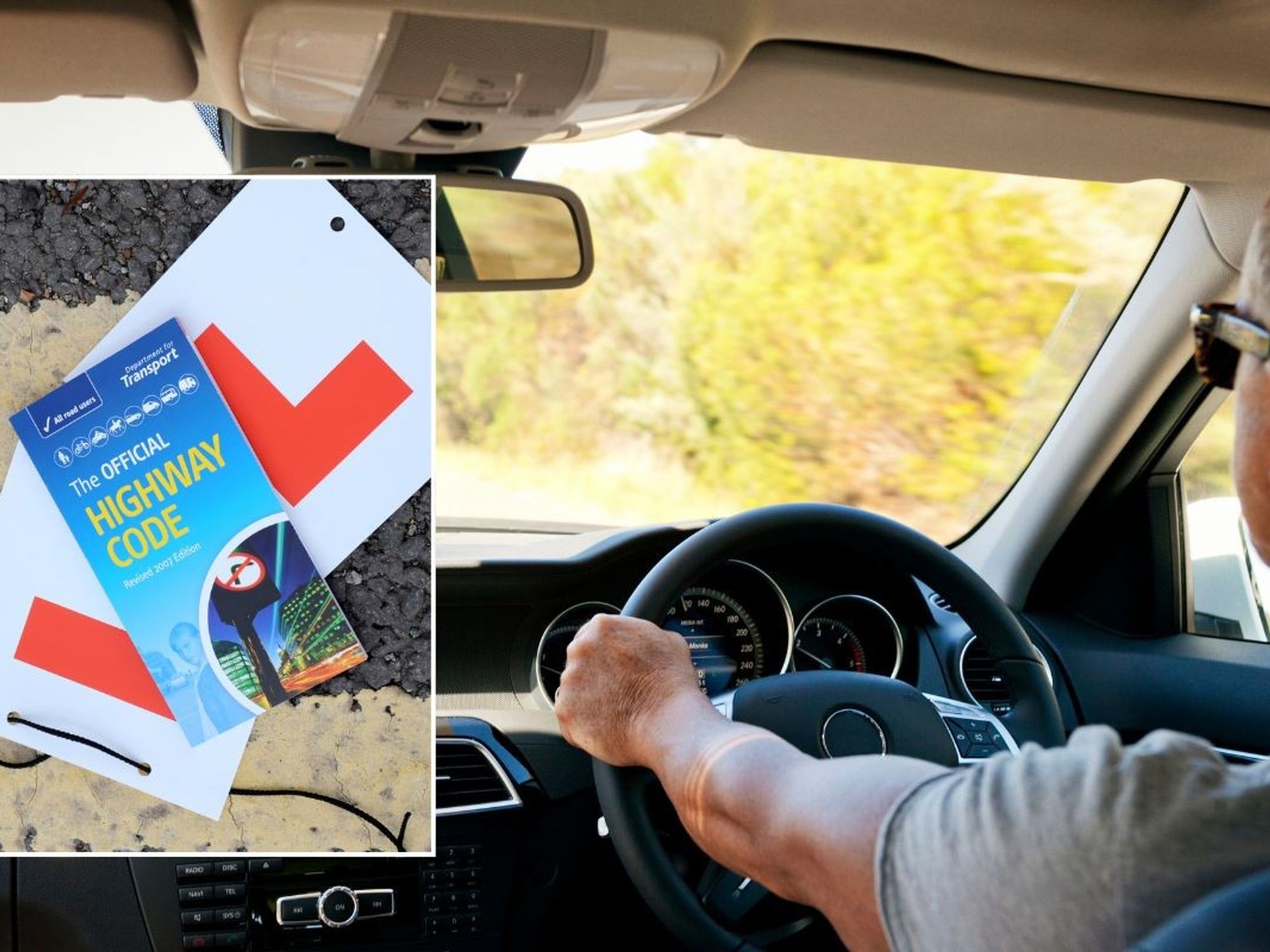WATCH: Major car tax changes launching within months could see motorists hit with huge cost hikes
GB NEWS
A petition launched in response to the tax hikes called for its immediate reversal
Don't Miss
Most Read
Trending on GB News
Chancellor Rachel Reeves has been urged to reverse major car tax changes coming into effect in a matter of weeks as motorists prepare to face up to £8,000 in new charges.
The urgency follows a new public petition which has called on the Government to remove controversial changes to pickup truck tax rules which were announced in the 2024 Autumn Budget.
The petition, which has already gained thousands of signatures, urges ministers to reconsider plans to reclassify double cab pickup trucks as cars for tax purposes from April 2025.
Campaigners argue the changes will severely impact businesses, farmers and tradespeople who rely on these vehicles for work purposes.
Do you have a story you'd like to share? Get in touch by emailingmotoring@gbnews.uk

April tax changes will see pickup trucks lose their Benefit-in-Kind tax reliefs
GETTY
The reclassification affects vehicles with a payload of one tonne or more, which have historically been treated as commercial vehicles for tax purposes.
Petitioners claim the new rules ignore the "essential" commercial nature of double cab pickups, which are crucial for rural operations and carrying heavy loads across rough terrain.
The changes represent a significant shift from the previous "pragmatic approach" taken by HMRC. Under the changes, from April 2025, double cab pickups will face significantly higher tax charges as they shift from commercial vehicle to car classification for both income tax and capital allowance purposes.
The change means these vehicles will no longer benefit from the favourable tax treatment traditionally given to light commercial vehicles.
For corporation tax purposes, the new rules take effect from April 1, 2025, while income tax changes begin April 6, 2025. The changes mean that businesses purchasing double cab pickups after April 2025 will lose access to beneficial tax treatments like full expensing for companies and 100 per cent Annual Investment Allowance.
The most significant impact comes through changes to Benefit-in-Kind taxes with vehicles now taxed based on their list price and carbon dioxide emissions rather than the previous flat rate system.
For leased vehicles, additional restrictions may apply for high-emission vehicles. Single cab pickup trucks are expected to maintain their commercial vehicle status, though no official confirmation has been provided.
Under the tax changes, it will have a stark impact on major car brands including Ford. The tax hikes will see a Ford Ranger for example, which typically costs around £60,000, incur an annual BiK value of £4,020, resulting in yearly tax payments of £804 for basic rate taxpayers and £1,608 for higher rate taxpayers.
But from April 2025, due to the vehicle's CO2 emissions exceeding 200g/km, the BiK value will surge to £22,200 - calculated at 37 per cent of the list price.
This means basic rate taxpayers will face annual tax bills of £4,440, while higher rate taxpayers will need to pay £8,880. The change represents an additional yearly tax burden of £3,636 for basic rate taxpayers and £7,272 for higher rate taxpayers.
The petition detailed: "We think this change will harm many businesses, farmers, tradespeople, and individuals relying on double cab pickups for work, making work vehicles costly.
"We think reclassifying them as cars drastically raises costs by increasing Benefit-in-Kind tax and lowering their capital allowances. Essential to rural operations, they carry heavy loads and handle rough terrain, yet we think this tax reclassification ignores their commercial use. Reconsider the change and engage affected industries."
LATEST DEVELOPMENTS:
 BiK taxes are paid by employees in exchange for using a company carGETTY
BiK taxes are paid by employees in exchange for using a company carGETTYHowever, to ease the transition, the Government did announce special arrangements for employers who purchased, leased or ordered double cab pickups before the April 6 start date. These businesses can continue using the existing BiK treatment until either the vehicle is disposed of, the lease expires, or April 5, 2029 - whichever comes first.
Double cab pickups may still qualify as commercial vehicles for VAT purposes if they have a payload exceeding one tonne, though experts advise seeking professional guidance before acquiring or leasing vehicles for business use.








